Section 66A bites ‘zombie’ dust. SC issues fresh directions. #RightToMeme #Section66A
| Feb. 16, 2019
Highlights
- In March, 2015 the Supreme Court by its judgement in Shreya Singhal v. Union of India declared 66A of the Information Technology Act to be unconstitutional because it violated our fundamental right to freedom of speech. However, a study conducted by IFF found fresh cases continued to be filed. This meant people were being prosecuted, even ending up in jail for a law which does not exist.
- PUCL goes to court (again): PUCL one of the original petitioners in the Shreya Singhal Case approached the court highlighting this study. The Court issued notice and asked the Government to respond which finally acted in January, 2019 and issued an advisory to all State Governments and asked them for data. For instance Kerala reported 18 cases while most state governments did not respond.
- Supreme Court protects us again: Yesterday, February 15, 2019, a series of directions were issued by the Court to not only close existing Section 66A cases but also prevent fresh registrations. These included directions for the Shreya Singhal judgement to be sent to all courts in the country, to senior administrative officers and director generals of police.
Background
Previously, we explained to you the why Section 66A of the Information Technology Act or what we called the ‘legal zombie’ was despite being declared unconstitutional by the Supreme Court of India still being used in courts and police stations across India (Read here for more).
Section 66A was a criminal offence that permitted the imprisonment of anyone that posted offensive comments on the Internet. It was a vague section that was arbitrarily interpreted. This is why it was struck down. But it seemed to enjoy a half-life with continuing prosecutions and fresh FIRs. Yes, just like a zombie.
To put a stop to this we collaborated with PUCL which took the research study to court. PUCL is India's leading human rights organisation and had litigated important victories for the liberties of ordinary Indian's like you and me. It was one of the original petitioner's in the Shreya Singhal case which lead to Section 66A being declared unconstitutional. Continuing their leadership on this issue they filed application registered as MA 3220/2018 in W.P. (Crl.) No. 199/2013 filed by PUCL seeking the Hon’ble Supreme Court to provide directions to ensure prosecution under 66A does not persist (Read here for more).
What happened in court?
We are happy to let you know in yesterday's hearing on February 15, 2019 prayers in this application were largely granted by the Supreme Court. The case was listed in Court Room 6 as Item 52 before the bench of Hon’ble Justices Mr. Rohinton Nariman and Sanjay Kishan Kaul. PUCL was represented by its team of lawyers lead by Mr. Sanjay Parikh, supported by Advocates Ramesh Pukhrambam; Sanjana Srikumar; Apar Gupta and Abhinav Sekhri and the Union of India by the Attorney General, K.K. Venugopal and many other lawyers who assisted him.
This came after the Ld. Attorney General supported PUCL's plea for the need for greater awareness and sensitisation of courts, prosecutors offices and police. Prior to the hearing in a counter-affidavit the Union of India detailed steps it had taken to generate awareness on Section 66A. This included a letter it wrote on 11.01.2019 and then a reminder on 14.01.2019 to various State Governments asking them to furnish data on Section 66A cases and also asking them to close them.
Some responded. For instance Kerala stated that there were 19 cases that were filed after Section 66A was held to be unconstitutional and they would be closing all of them. We expect greater compliance as the Hon'ble Supreme Court due to further directions that were issued by it (we will link the order when it is uploaded on the SC website). This included sending a copy of the Shreya Singhal judgement to all Courts, Prosecutors and Police Departments in India. As we indicated in our study that while ideally Section 66A should be removed by an amendment act of parliament, this is a promising outcome and will be a major check on fresh Section 66A FIRs.
We are grateful for this outcome which has come through in a non-adversarial manner. Reach out to us if you become aware of any continued prosecution under Section 66A. At the same time we promise to remain vigilant, collaborate with other organisations to ensure public victories on fundamental rights. After all legal zombies such as Section 66A have this uncanny tendency to rise from the grave.
IFF's role in the proceedings
IFF has not only supported research that provides a studied basis to reliefs sought in court but through its executive director appeared in the case and assisted PUCL in management and work execution. As indicated before IFF will continue to engage with courts for public outcomes on digital rights. We will collaborate, support and work with other organisations, groups and collectives. We continue to urge people to support PUCL by signing on and becoming its members and making donations to them.
Document links
-
Sekhri, Abhinav and Gupta, Apar, Section 66A and Other Legal Zombies (October 31, 2018). IFF Working Paper No. 2/2018. . Available at SSRN: https://ssrn.com/abstract=3275893 or http://dx.doi.org/10.2139/ssrn.3275893
-
Please also refer to our previous blogposts, announcing the study, and then an update on a change in the text of the Information Technology Act.
-
Web copy of 3220/2018 for ease of readability.
Join our growing tribe of zombie hunters. Become an IFF member today.



